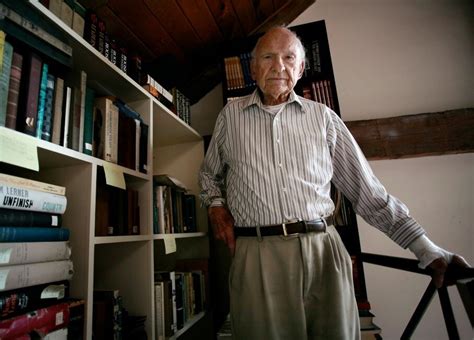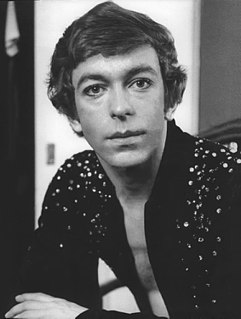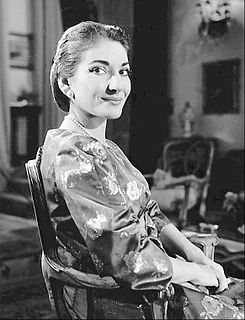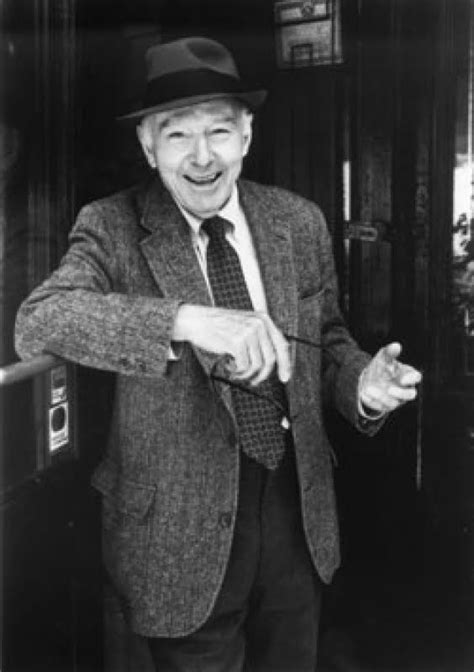A Quote by C. S. Lewis
Really great moral teachers never do introduce new moralities: it is quacks and cranks who do that.
Related Quotes
Really great moral teachers never do introduce new moralities: it is quacks and cranks who do that.... The real job of every moral teacher is to keep on bringing us back, time after time, to the old simple principles which we are all so anxious not to see; like bringing a horse back and back to the fence it has refused to jump or bringing a child back and back to the bit in its lesson that it wants to shirk.
"Teachers"... treat students neither coercively nor instrumentally but as joint seekers of truth and of mutual actualization. They help students define moral values not by imposing their own moralities on them but by positing situations that pose hard moral choices and then encouraging conflict and debate. They seek to help students rise to higher stages of moral reasoning and hence to higher levels of principled judgment.
Teachers all over the nation are doing the job they are asked to do, but one they are not really prepared to do. To teach volleyball as a physical activity that is also a positive experience. If you care about volleyball, help these teachers have fun and learn more of this great game. Teach the teachers.
Heroes have gone out; quacks have come in; the reign of quacks has not ended with the nineteenth century. The sceptre is held with a firmer grasp; the empire has a wider boundary. We are all the slaves of quackery in one shape or another. Indeed, one portion of our being is always playing the successful quack to the other.




































